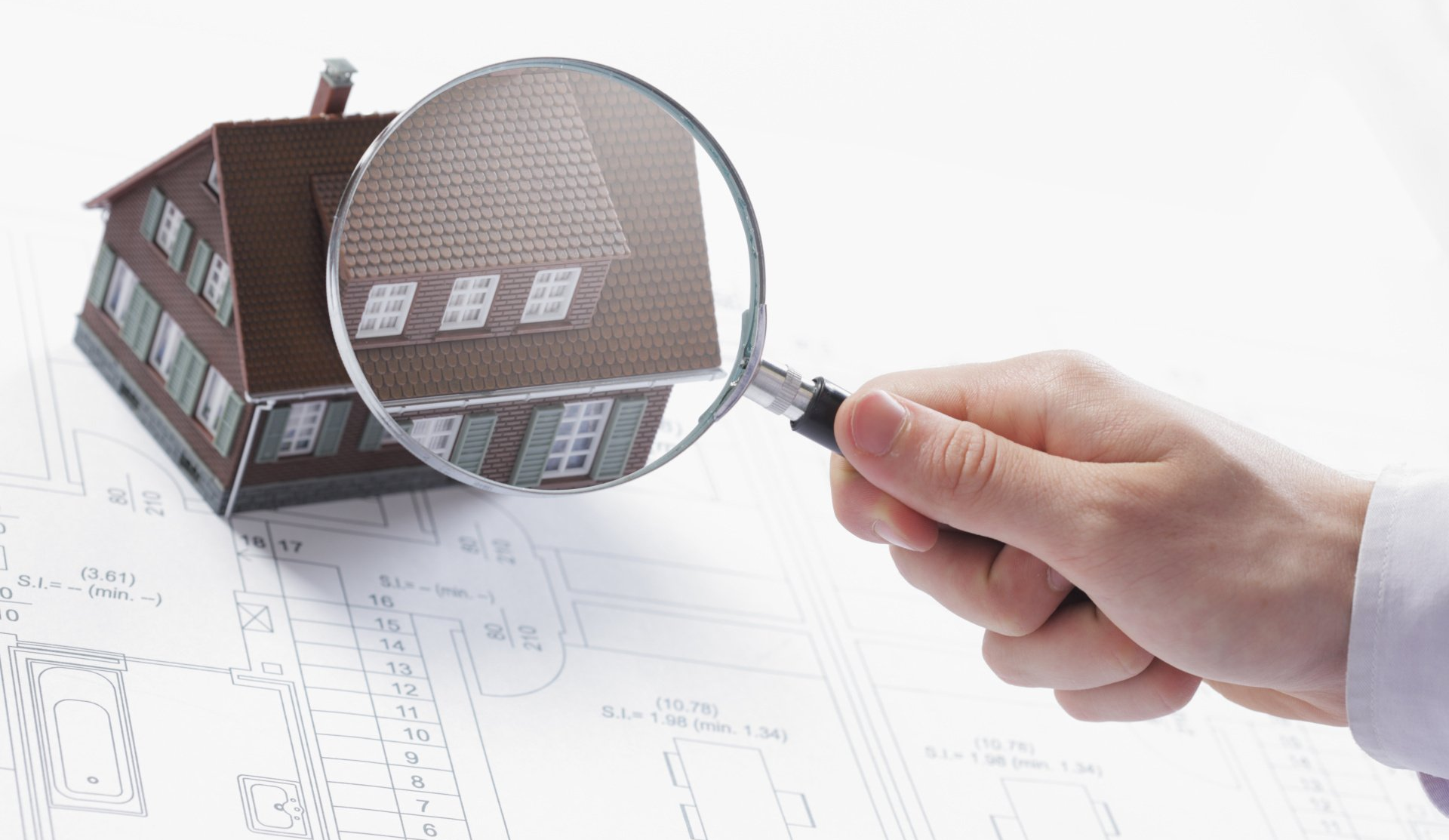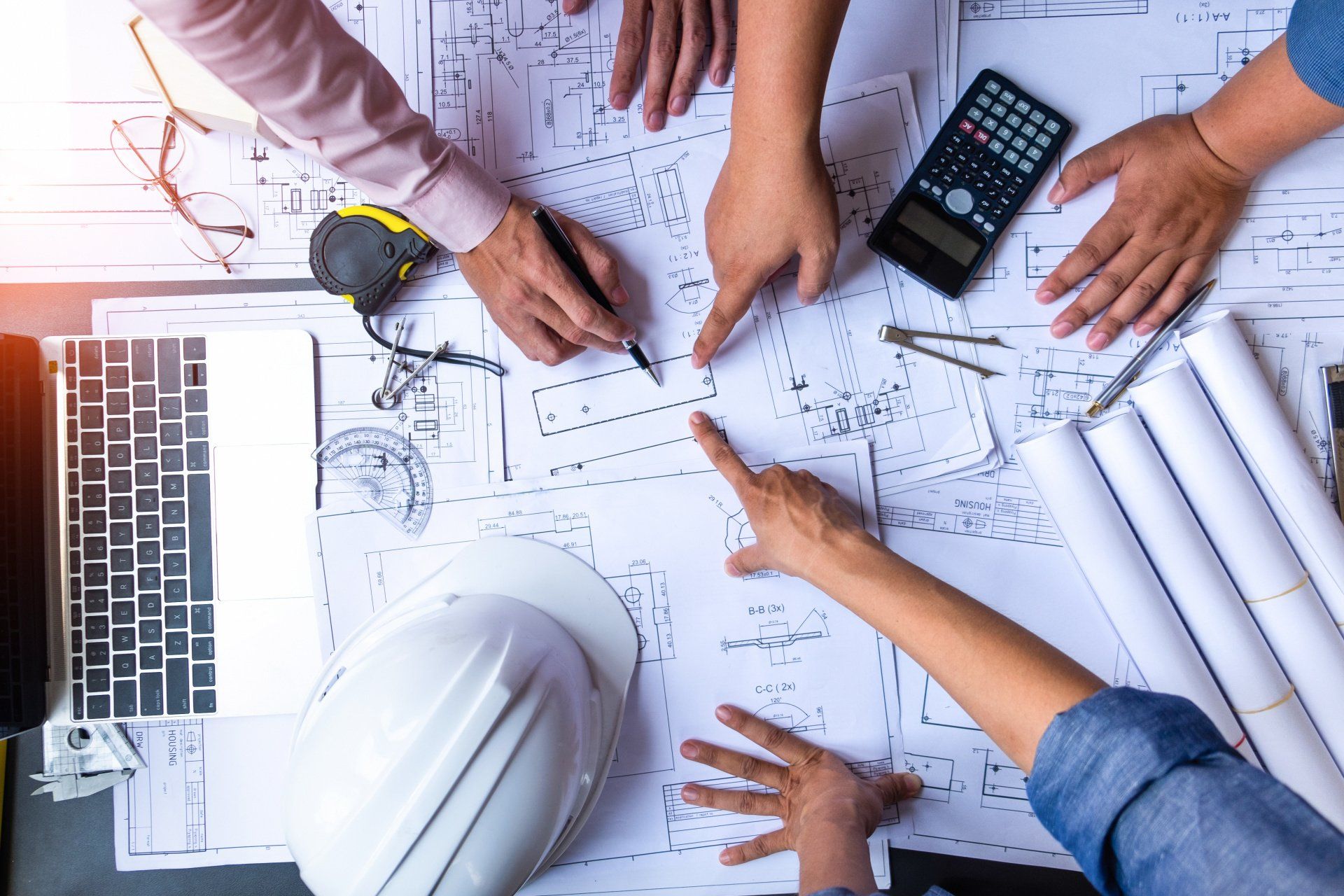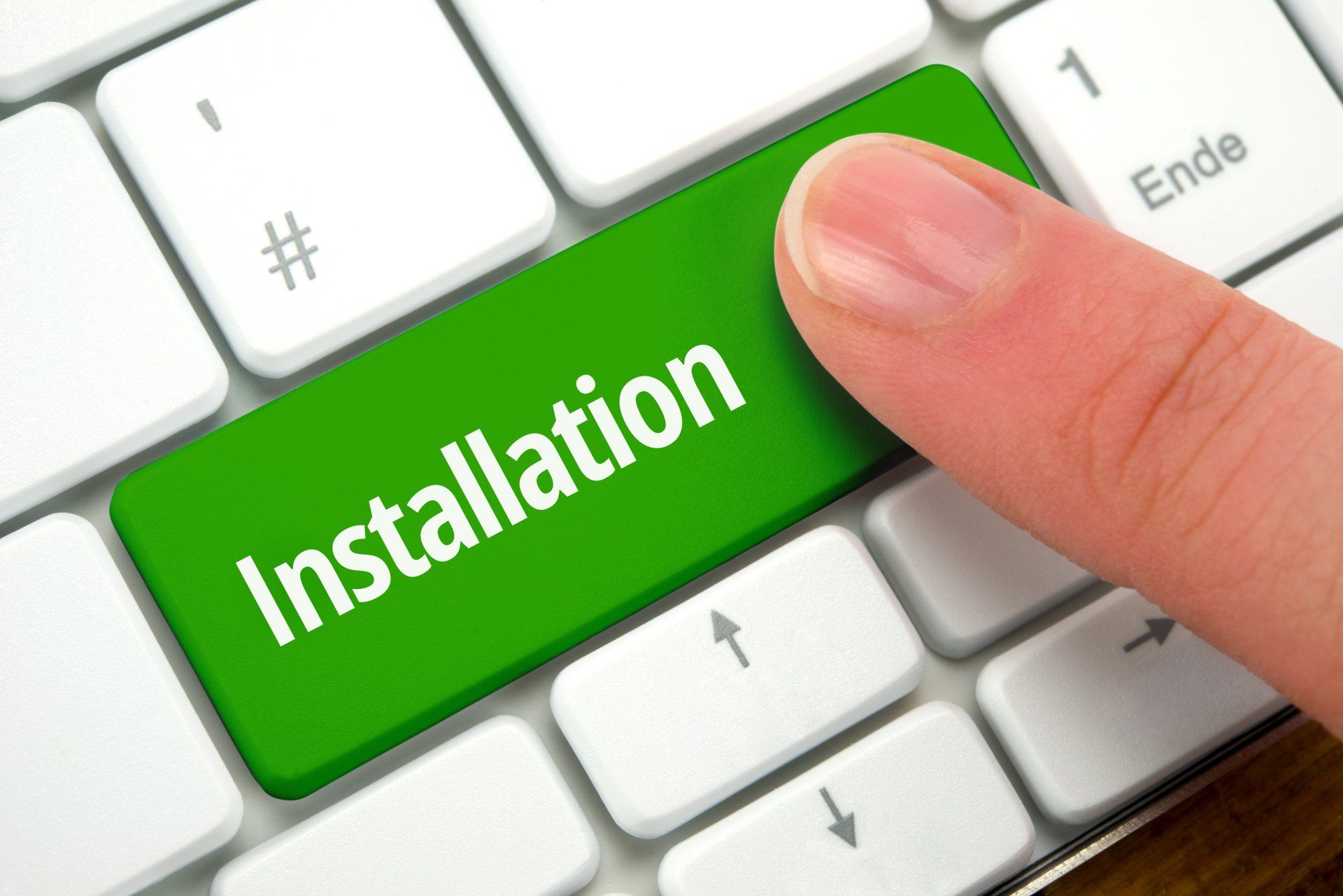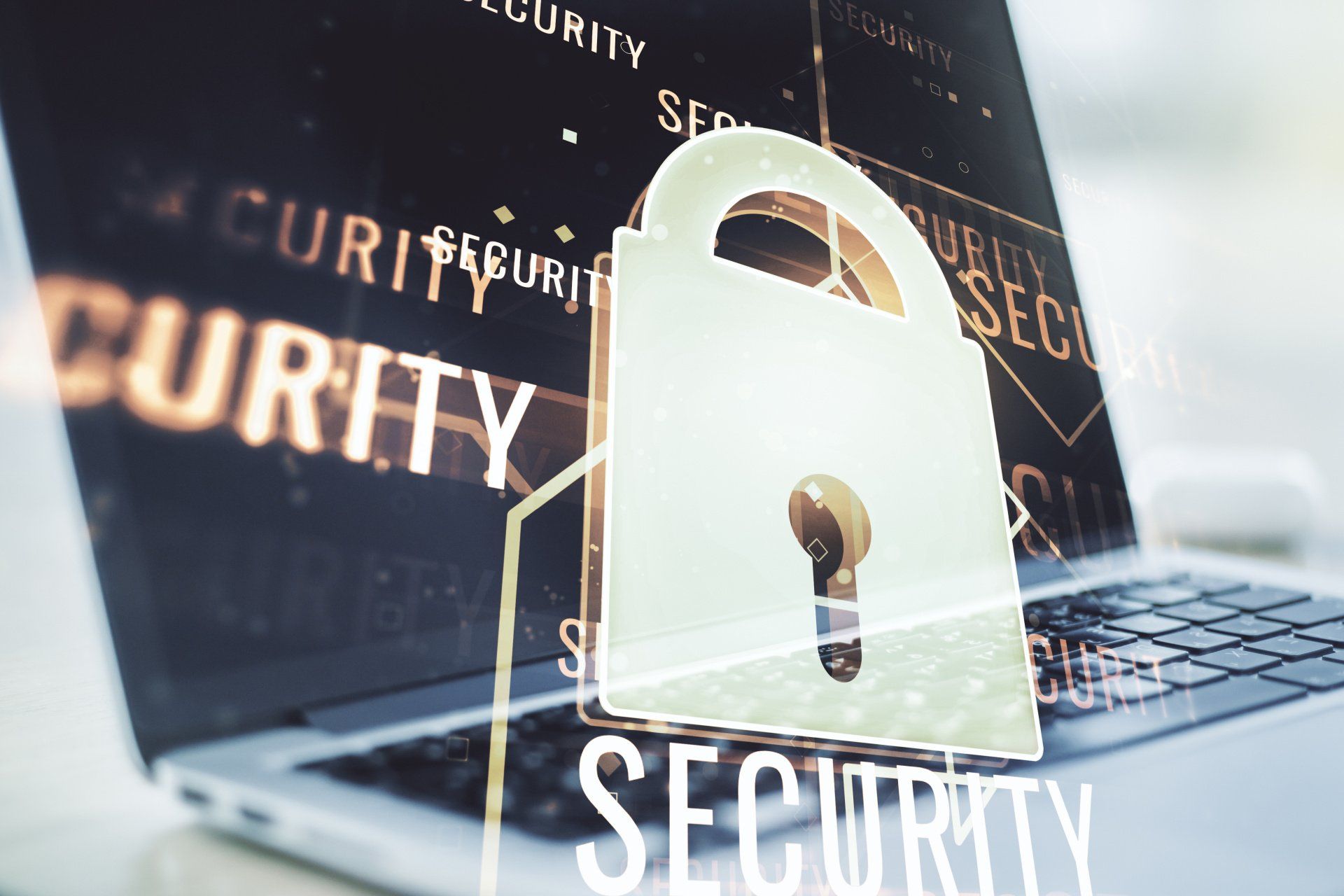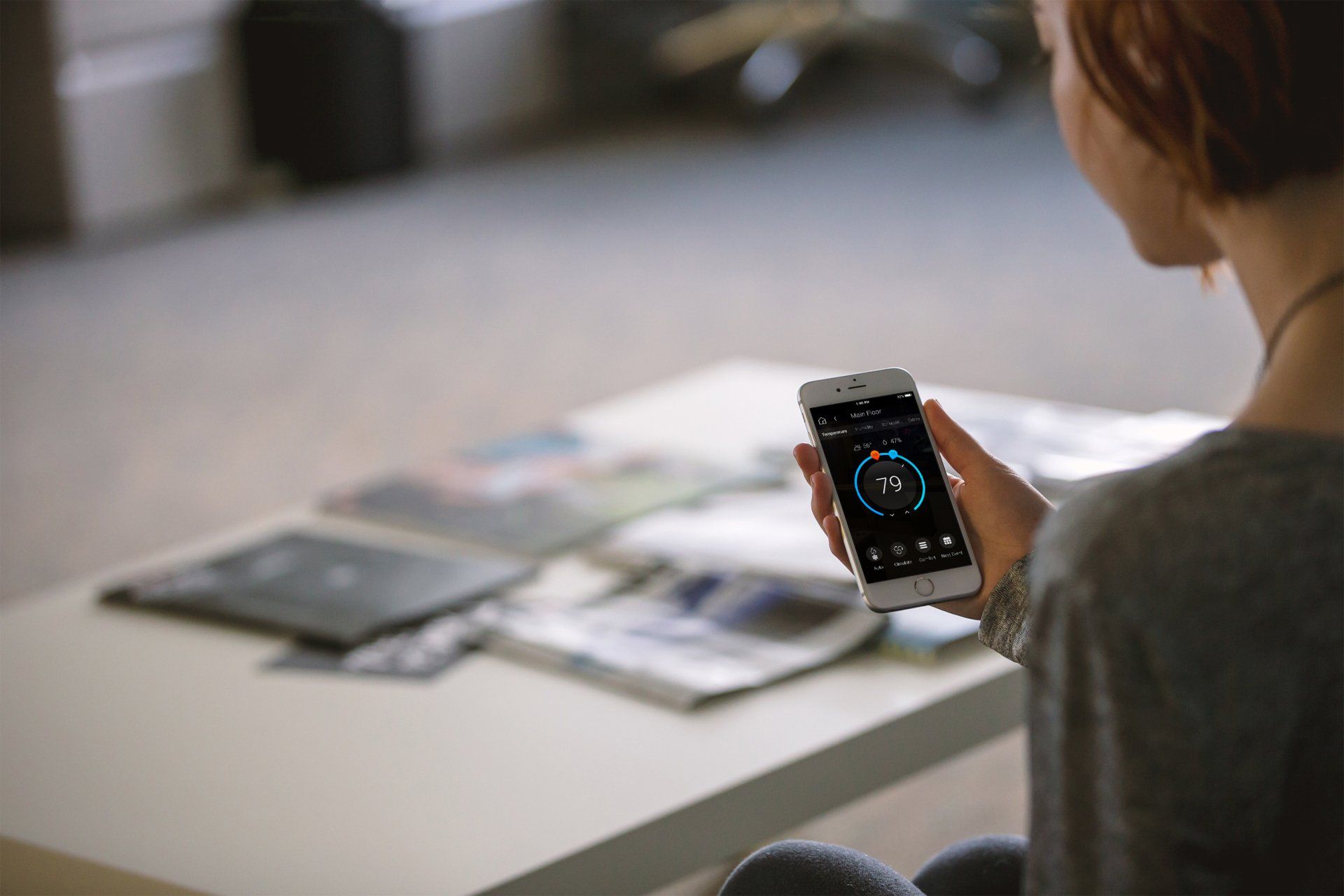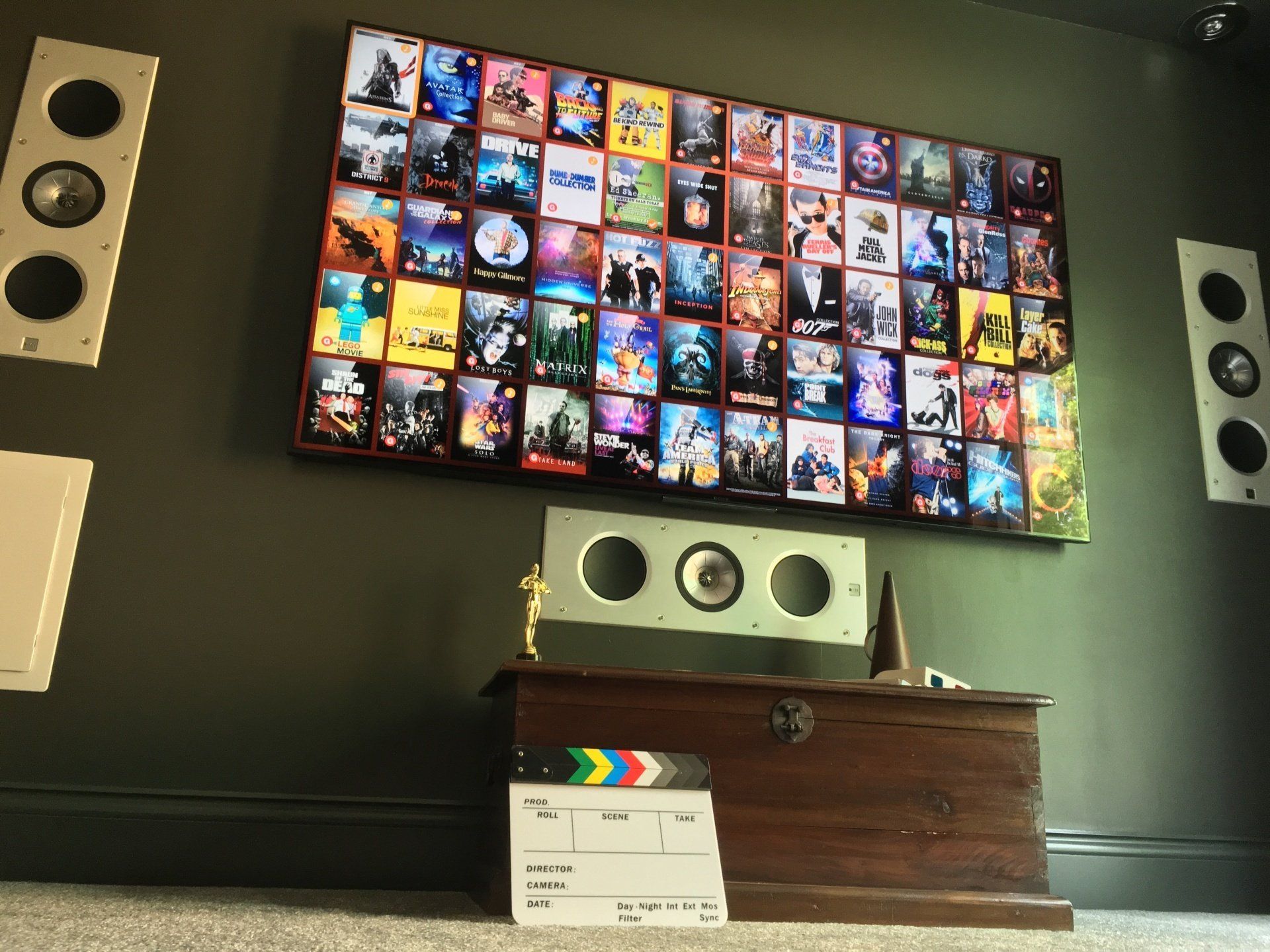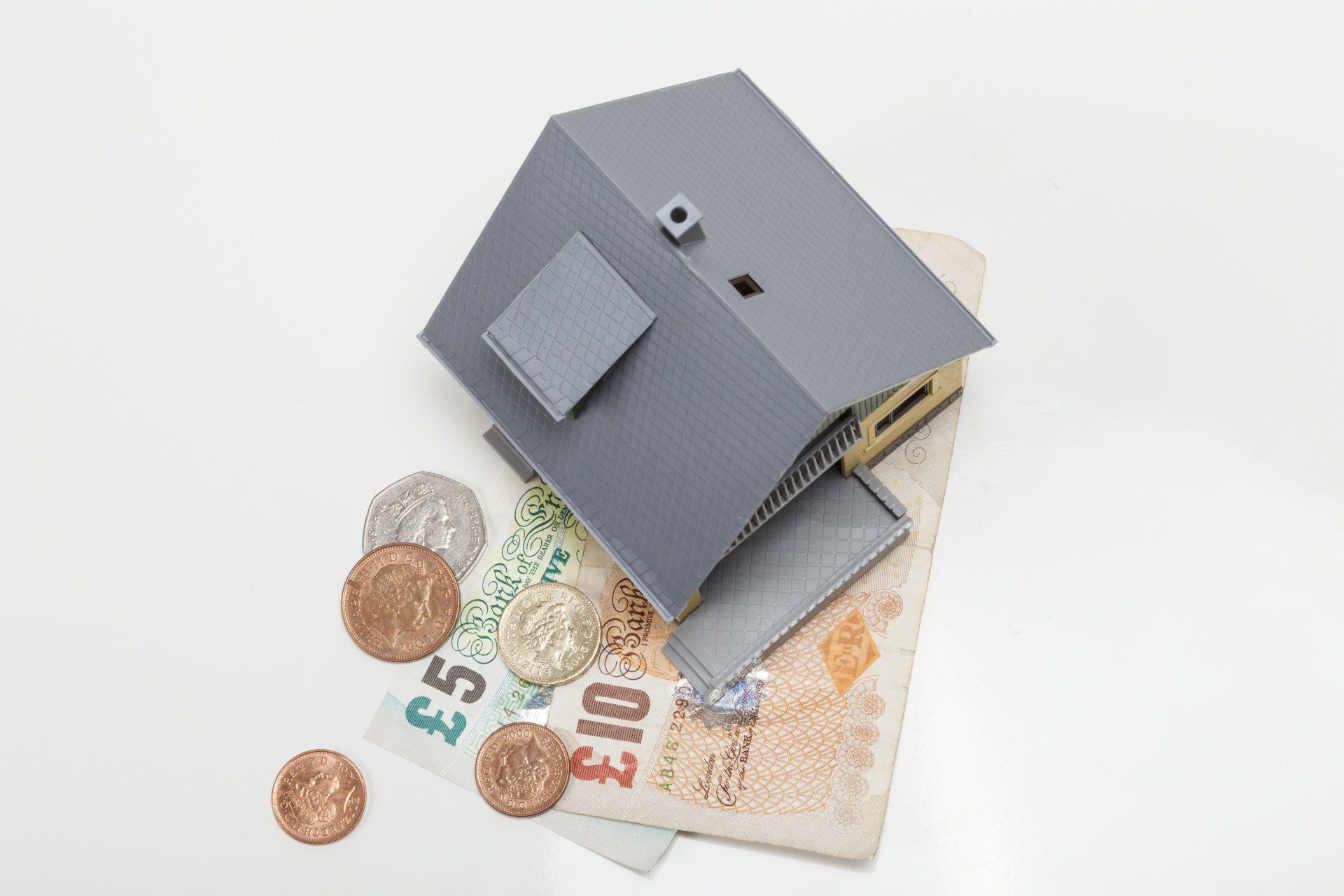FAQs
Smart Home & Home Cinema Frequently Asked Questions
Your Questions Answered
Whilst designing, implementing and supporting Smart Home and Home Cinema solutions we get asked a wide range of questions, from numerous different subject categories, by potential clients to construction industry professionals such as architects.
The following is a summary of those most frequently asked questions.
General
Commercials
Construction Related
Smart Home Installation
Security
Living in a Smart Home
Home Entertainment
-
Why do I need a smart home solution?
This is a very subjective answer; Implementing Smart Home solutions into your home can have almost endless practical benefits. We have written a whole blog in which we provide some real-world tangible examples of how smart home solutions could help deliver the following top 5 practical benefits:
i. Improved peace of mind
ii. Staying safe while enjoying staying home
iii. Increased security for your property
iv. Free up time in your day-to-day life around your home
v. Assisted/Independent Living
To read our blog ‘Top 5 practical benefits of a smart home’ click here: Blog
-
What is the best smart home system?
This is a very subjective answer; there are many different manufacturers who produce very good smart home solutions. They all have different strengths and weaknesses which means that the best smart home solution will be the one with the features and functions that most closely matches your specific requirements.
At Automated Spaces we take a consultative approach when engaging with our clients, which means after we have fully understood their requirements, we can then recommend the best solution.
In the majority of cases, we find that Control4 is the most cost-effective smart home solution that can provide the breadth of features and functions required to fulfil our client’s requirements.
Then when you combine this with the fact that Control4 works with nearly 16,000 (this number is rapidly growing) third-party consumer devices, it has an intuitive user interface that can be easily customised by clients after it has been installed, the product is constantly evolving and improving and there is an excellent support service provided by Control4 to its authorised installers…these all mean that we know that our clients will have their expectations exceeded when they live in their smart home.
-
How much does a smart home cost?
With the continuing proliferation of manufacturers entering the smart home sector, providing a wide range of solutions across a multitude of technology categories; from Smart Lighting, Home Entertainment to Safety & Security, how do you even begin to estimate the cost to create a smart home?
The answer lies in our proven discovery process to qualify and better understand the current as well as the future requirements for the people who will be using the smart home, along with creating an agreed scope of technologies to be implemented, in line with the available budgets.
We can help people, who might not know all the possible capabilities of a smart home, understand the ‘art of the possible’. Also, we help people maximise their budgets and ‘plan for the future’.
During the initial discussions about a project, we gain an insight into the lifestyle of the people who will use the smart home so we can design for their individual requirements. How to plan for a phased installation, where the costs can be spread over a period of time, is also covered along with how we help people identify the value of a smart home.
If you would like to know how much a smart home, that matches your specific requirements, would cost…then feel free to download load our whitepaper ‘How much does a smart home cost?’ click here or to connect with us and we will be happy to create a tailored quotation for you.
-
Aren’t all smart home systems expensive?
The answer to this question is relative e.g., if you have a very large property with lots of buildings and floors and rooms within those buildings. Plus, you want to implement all the smart home solutions that are currently available on the market. Whilst integrating a wide range of non-standard and complex systems into the overall smart home system. Then if you only considered the financial cost this could appear to be an expensive requirement. That is until you consider the potential value that a system of this type could deliver e.g., the time savings it provides through the automation of common tasks might well very quickly justify the cost. When we provide our clients with a quotation for any smart home system, we also help them understand the potential benefits and hence true value that it would deliver for them.
Although it should be noted that not all smart home implementations are like this big bang approach. Often, we can assist a client with a phased installation of systems where, after we have installed a core wiring infrastructure into the fabric of the building during it’s construction, we can then gradually implement systems over a prolonged period of time as more budget becomes available.
Alternatively, we can assist clients who might only want to implement certain key strategic smart home solutions rather than the complete range of available systems e.g., some clients only want to focus on a home security and smart lighting smart home systems, whereas other clients might only want a home entertainment smart home solution.
Also, some clients might only want to implement a smart home solution in only a few key rooms throughout their home rather than across the entire property.
So, the cost of a smart home solution can vary significantly depending on a client’s requirements. We always work with our clients to ensure that they can derive the best value for money as well as achieve the maximise solutions for their requirements from their available budget.
-
If I buy your smart home solution, then will I be limited in terms of what other systems I can buy for my home?
The good news is that if you went for a smart home system like Control4, which works with nearly 16,000 (this number is rapidly growing) third-party consumer devices.
Control4 also allows its installers to easily create bespoke integrations for those less commonly found consumer devices, so you are less likely to run into any situation where you would be limited by what other systems you could buy for your home.
-
Will smart home technology detract from the overall design aesthetic of the property?
When we work with a client and their architect to design a smart home solution, a core fundamental tenet is that any technology we install should only be done in a way that is sympathetic to the overall design intention of the property.
We also have numerous solutions that allow us to hide technology from sight until the point in time it is required e.g., we can hide the presence of a TV display, behind artwork or inside the wall/ceiling construction, and automate its motorised reveal into a visible position when required.
-
At what stage in our construction project should we begin discussions with a smart home installation company?
The answer is simple…as early in the project as possible! So that all crucial construction interdependencies as well as technical considerations can be identified and factored into the property design by the relevant parties e.g. the architect or lead contractor.
-
How would a smart home solution integrate with a Passive House design?
A ‘Passive House’ is a voluntary standard for energy efficiency in a building, which reduces the building’s ecological footprint. It results in ultra-low energy buildings that require little energy for space heating or cooling. 1
So how could a smart home, often considered as a power consuming system, help promote Passive House principles? The following are just some examples of how a smart home system could offer solutions, that when integrated into the heating/cooling strategy of the building, would contribute positively to a Passive House.
Climate Control:
- Automated external window shutters or internal blinds/curtains combined with accurately monitoring the internal temperature individual rooms/zones can help with climate control by intelligently managing the solar heating of rooms
- Increasing comfort during the warmer times of the year by monitoring the outside temperature and then automating the opening of windows at the appropriate times of the day, whenever it has cooled down outside, so that the cooler air can ventilate the building e.g., night-time or early morning ventilation
- Reducing heat produced by replacing/only using low heat generating LED light fixtures
- Utilising any heat produce by smart home rack-based equipment into a heat recovery system
- Automatically updating the overall heating/cooling strategy for entire property when guest rooms are temporarily occupied
- Utilising motorised internal door open/closer mechanisms, along with associated automated and/or scheduled programming as and when required, to create natural ventilation corridors for air to move around the property
Power Consumption:
- Turning off the mains power supply to those household appliances around the property when they are not in use rather than leaving them on standby
- Reducing energy consumption by turning off lights or devices in those rooms that are not occupied
- Ensuring, where possible, all smart home rack-based equipment is switched off when not in use rather than left on standby
1 Source: https://en.wikipedia.org/wiki/Passive_house
-
How do I find a reputable company to install a smart home solution?
Finding a reputable company that has its client's interests at its core, to work with you on your project, is often a daunting challenge.
We firmly believe our company philosophy highlights the importance we place on our ability to interact both fairly and respectfully with our clients. To view our company philosophy in detail click here.
We are also very proud of having attained the Advanced Member status of the trade association CEDIA. This level of CEDIA member accreditation shows our true commitment to delivering the highest standards of service to our Clients.
CEDIA members make up the most powerful home Technology network, but not every company is the same. To be a CEDIA Advanced member means demonstrating a proven commitment to continuing education, customer service and community outreach.
CEDIA (Custom Electronic Design and Installation Association)
Learn more about CEDIA here: https://cedia.org/smart-home-professionals/about-us/
-
Can I install a smart home system myself?
Certain simple ‘Smart Home’ devices can be installed by anyone e.g., something like an Amazon Alexa device. These devices typically have been designed by their manufacturer to be easy to install, in a very basic configuration, straight out of their box. For some of these simple smart home devices they offer no ability to alter the setting beyond the basic configuration. For those other devices, that do offer the ability to customise the configuration, it can be a complex process or procedure to alter the settings to increase its usefulness. Also, the range of 3rd party devices that it can integrate with, via these complex changes to the configuration, can be very limited. Often leaving the end user frustrated at the lack of interoperability. We categorise these types of simple ‘Smart Home’ devices as Do It Yourself (DIY).
In most cases, when we review which Smart Home solutions will provide the required integrations and customisation capability to deliver the necessary functionality to solve our client’s challenges, we quickly discount these ‘DIY’ devices from our evaluation. Instead, we would end up naturally recommending a more advanced ‘Smart Home’ control system as the truly suitable system e.g., we have yet to find a client requirement where Control4 could not provide a solution.
These more advanced ‘Smart Home’ control system often required an accredited company to install them. So, the answer as to whether you can install a smart home yourself will depend on the complexity of your requirements and whether you can utilise a DIY simple ‘smart home’ device or if you will require an installer based more advanced smart home system.
-
What is the benefit of using a company, like Automated Spaces, to install a smart home system?
At Automated Spaces we bring a level of professionalism and transparency to many of the positive approaches we utilise to deliver our comprehensive services while offering clients the peace of mind of working with a reputable company as signified by our Advanced Member status of CEDIA (smart home global trade association).
We have a publicly published company philosophy that places the best interests of our clients at the centre of all our actions. The philosophy provides a total commitment to our client that they can use to hold us accountable throughout their engagement.
As a single provider for complete lifecycle and each individual phase of the project we save our clients the hassle and risk of having to engage with multiple smart home service providers. Automated Spaces can provide a comprehensive range of services at each stage of a smart home implementation project:
- Smart home design service during the design of the building phase
- Onsite smart home equipment installation and configuration service during the various construction phases of the building
- Thorough support services after the construction work has been completed and for many years following the client moving into the finished property
As well as our own in-house company philosophy that promotes a customer centric approach, and as part of our Advanced Member status of CEDIA, we must adhere to a Code of Ethics. Our membership of CEDIA also provides our clients with the reassurance that they can access a formalised grievance procedure with an independent body should they need to during our interactions at any stage of their project.
-
How secure is a smart home system i.e., can a smart home be hacked?
If any technology is badly implemented, then it can be relatively simple to hack e.g., if you install any device and do not change the manufacturers default password then you should be aware that the device could be hacked with a simple Google search. We install devices with passwords that combine numbers, upper case, lower case letters and symbols. The passwords will have a character length long enough that it would typically take a hacker using a computer over 34,000 years to guess.
We also give our clients advice to help stop them becoming a victim of more sophisticated hacking attacks such as not clicking on links in emails they receive, using 2 factor authentication systems to secure their personal devices, email and social media accounts, etc.
We also protect all our internal systems with multiple layers of security including fingerprint scanning to access key devices that contain sensitive data.
If you would like to know more about how we can ensure that your future smart home is secure, then feel free to connect with us - click here
-
Isn’t a smart home a move away from a natural way of living?
Yes, a smart home will introduce lots of technology into your home, but it can also be an enabler that allows you free up time in your day-to-day life then with this extra time you can focus on more natural living.
Environmentally positive solutions help to reduce your fossil fuel consumption – zoned heating allow you to focus on heating those rooms you use, easier ability to switch on and off heating and capability to remotely switch off heating if you happen to leave and forget. Automated shades or curtains can help control room temperatures and reduce the need for cooling systems on those warmer/sunnier days.
It can also provide you with calming environments in your home where you can practise moments of mindfulness.
Smart lighting solutions in smart homes are increasingly beginning to offer a circadian lighting feature that can follow the human circadian rhythm i.e. our internal body clock. These circadian lighting features have the capabilities to be programmed to automatically shift the colour temperature of the lights throughout the day to better match the natural daylight we would experience if we were outside. Various studies have identified that adjusting internal light’s colour temperature can promote better health and personal productivity via improved sleeping patterns.
-
Won’t this smart home technology only just encourage you to stay home and not go out?
Yes, smart home solutions can transform your home into a fantastic place to hang out.
But a well-designed smart home can also be a great way to provide you with peace of mind, as you can remotely check on your property while you are away from home, therefore releasing you from the shackles of worrying about the safety and security of your property that might prevent or discourage you from leaving your home.
-
Will a smart home be complex to use on a day-to-day basis?
We look to eliminate all complexity from the smart homes we design and implement for our clients.
We will create an interface that is intuitive to use and that can be easily customised by our clients to match their individual preferences and include their commonly used favourite functions within 1 or 2 buttons clicks.
We provide thorough onsite and hands on training to all our clients as part of the formal project handover process along with comprehensive user manuals and cheat sheets.
We also provide fantastic on-going support to our clients that includes a telephone support service that allows them to even call us to ask, ‘How do I?’ type questions.
Combining all the approaches above totally removes the complexity for our clients.
-
What is the difference between a Home Cinema and a Media Room?
Home Cinema Room
A home cinema will typically be a room dedicated entirely to providing that cinematic experience. With the ability to make the room completely dark, a professional quality projector to really light up a dramatic widescreen projection screen and a speaker set up that can totally immerse and wrap sound around you from all angles. Often it will have cinema styled leather seats although we are seeing more sofa styled seats within our client’s requirements.
The room should include some element of acoustic treatments and multi-layered lighting; entry and exit functional lights along with more stylised feature lights that gradual fade down as the movie starts. There may also be a requirement to incorporate a bar area where you can grab some refreshments and snacks before the movie starts.
A home cinema is a room where you go exclusively to watch movies in an environment often far exceeding the comfort levels and technical performance available in your local cinema.
Media Room
A media room typically will be a room that is used for several different purposes; a place to casually relax and watch the latest box set, somewhere to gather with your friends to enjoy the thrills and spills of a big sports event, a place where you can get up and dance along to a streamed pop concert/festival, perhaps it’s a place to settle down with a nice glass of something with some soothing background music or maybe it’s just somewhere quiet to sit to read a book or practise some mindfulness.
The room often will be enjoyed with more natural light coming into the space during the day. Normally a television will be the primary display for watching content. The speaker system performance can match those achieved in a Home Cinema room, if required, although often they are slightly scaled back.
We are increasingly seeing requests for a hybrid solution where a room contains a projector and screen that is normally hidden from view when not in use. When the projector and screen disappear, they reveal a television display that is used for the day-to-day viewing of content. We also get the occasional request, for those rooms that act as a more formal setting, to hide all technologies in the room until they are needed.
Learn more about our Home Cinema and Media Room solutions - click here

